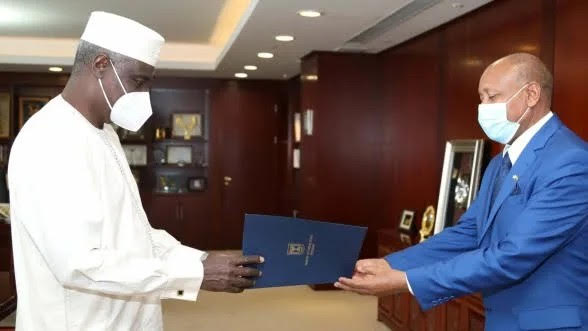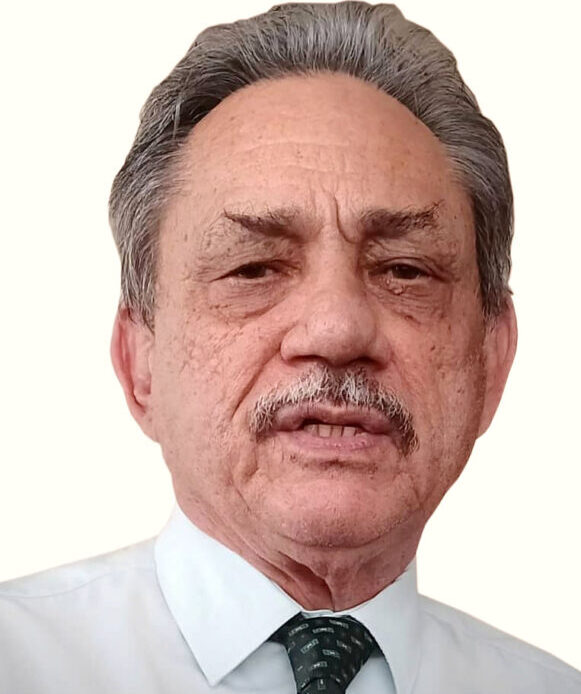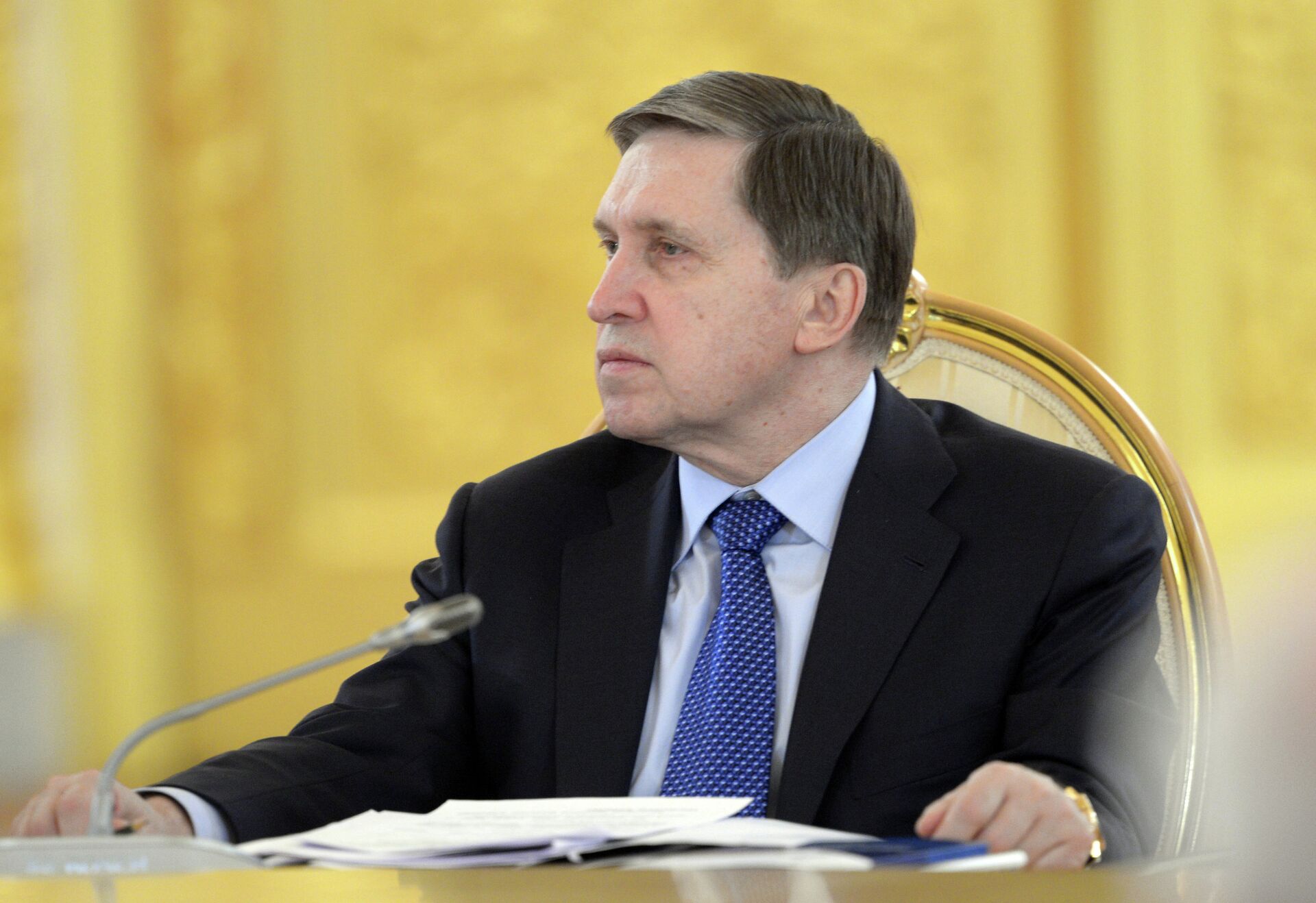
Moussa Faki Mahamat receiving Israel's Ambassador to the African Union, Alaly Adamso
The African Union summit cancelled on Sunday a decision previously taken, unilaterally, by the President of the African Union Commission, Mr. Moussa Faki Mahammat, to grant Israel an observer status in the Pan-African organization.
Many influential African countries opposed Faki’s decision last year, especially that he shouldn’t have taken it unilaterally since Israel’s desire to get the observer status was long considered as a contentious issue that needed higher discussion and consideration, and should only have been granted by the highest AU decision-makers, at a Summit.
To carefully treat this issue that was set to divide the organization, because of the differences of views between supporters of the decision and opposition, the Heads of State and Government decided to form a Presidential Committee composed of seven Presidents to come up with recommendations for the next AU Summit in the second half of this year.

The Committee was therefore composed of Algeria, South Africa, Nigeria, the three of which oppose the decision and Cameroon, DRC and Rwanda, who support it, while Senegal will play the role of the President of the group since the West African country is the current Chair of the AU.
Several member states, particularly Algeria and South Africa, protested Mahamat’s decision, noting that they had not been consulted about the move, and criticizing Israel’s records that should have halted the AUC President from adopting this uninformed decision.
On the other side, countries like Morocco, Rwanda and others were in support of granting Israel this status no matter what, arguing that around 44 African countries already have full diplomatic relations with Tel-Aviv.
In a speech on the issue, Faki exposed the arguments that pushed him to adopt this decision, which falls within his mandate, he said. Observers on the ground however told TPA that his speech was highly undiplomatic and contained inappropriate accusations to member states of a sort of “hypocritical behaviour”.
An African diplomat told TPA under anonymity that, “Faki basically said to African leaders that he took the right decision in accrediting Israel’s Diplomat because 44 African countries have formal relations with Tel Aviv, but he certainly omitted to say that 44 is not consensus yet, especially if even among those 44, many countries opposed his move.”
Though it reflected the strong rejection from the majority of member states, the Summit’s decision also reflects AU’s lack of firm decision-making even in issues that concern the respect and integrity of the principles of the AU Constitutive Act.
It should be recalled that Israel, as an occupying power of Palestine and an Apartheid state, should never had been allowed to approach the AU as long as it keeps its colonialist and segregationist policies against Palestinians.
Yet, Israel is not actually the only regime that is committing atrocities against other nations, Morocco, the feverous ally of Tel Aviv, joined AU back in 2017 in a similar controversial bid that divided the organisation at the time.
Morocco is occupying huge parts of the Saharawi Republic, a founding member of the AU, since 1975. It was in fact because of this that Rabat left the OAU back in 1984 protesting against OAU Founding Fathers’ decision to recognize the Saharawi state and the Saharawi legitimate struggle for freedom.
Israel’s controversial issue also shed light on the dangerous behaviour of some African officials, especially AUC President, who allowed himself to adopt such dangerous decision knowing fully-well that there is no consensus over it.
Some say that the decision wasn’t taken for no reasons, but because of a strong lobby within the organization, led by Morocco, but also other countries, who are fiercely pushing Tel Aviv agenda in the continent.









